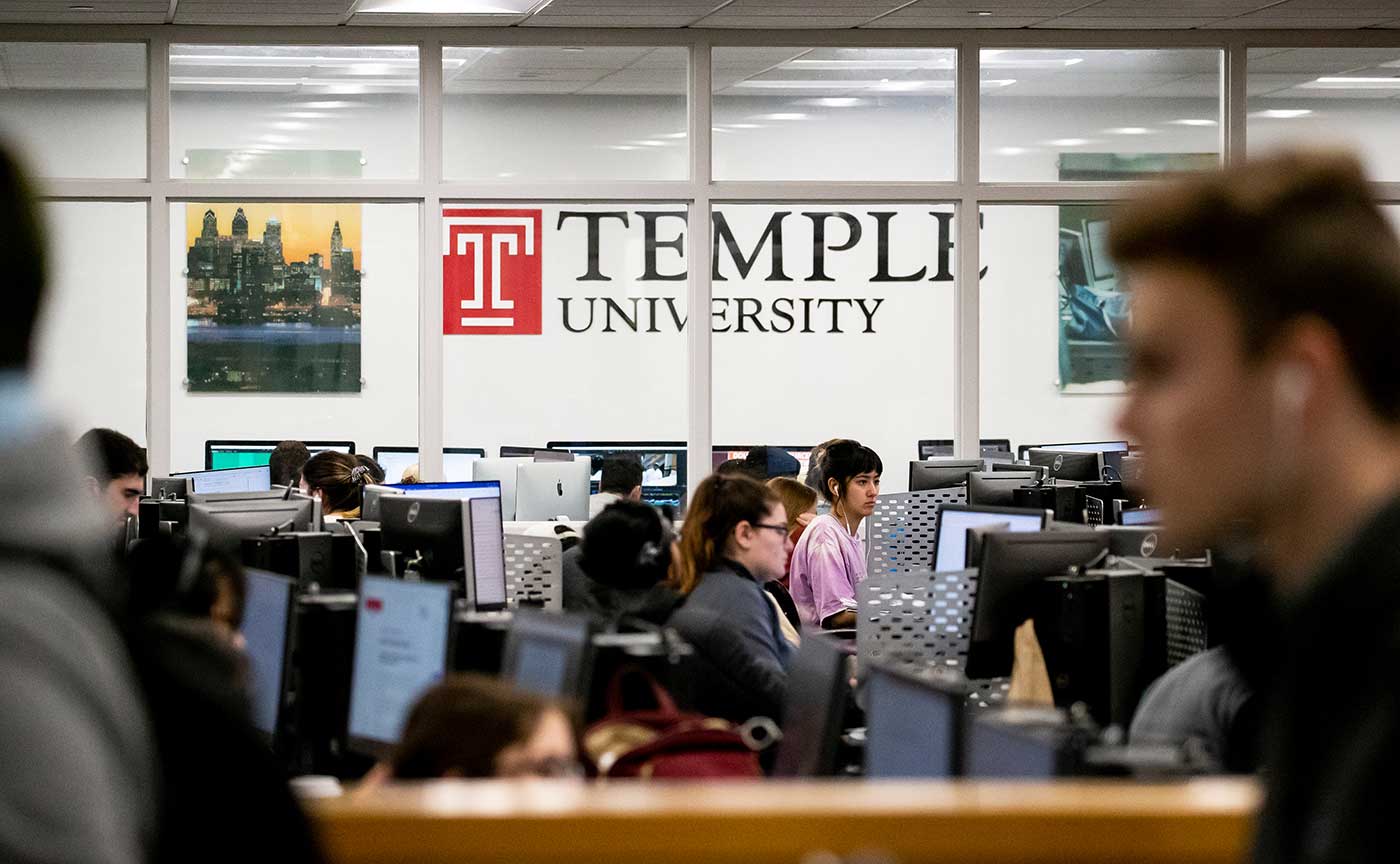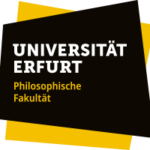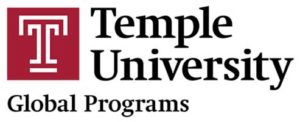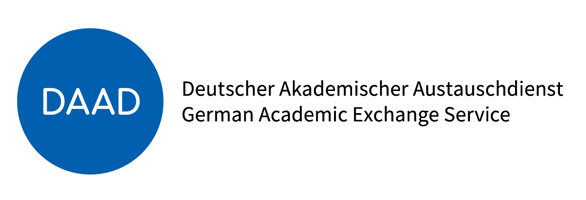Some recollections of my stay
This month it was a year ago that I started my semester abroad at Temple University in Philadelphia. About time to capture some concluding impressions!
My time in Philadelphia started, like probably all lengthy stays abroad, with a number of difficulties. Not that something particularly went wrong, but in a new surrounding there are a lot of unfamiliar circumstances to adapt to. First of all you find yourself in an unfamiliar environment and you have to deal with a whole bunch of everyday issues and get used to new situations. From bureaucracy, slightly differently functioning interactions with people, everyday things like shopping, tipping, or not particularly delicious tap water,to finding a place to live. The fact that you have to do all this in a second language – which in my case was anything but perfect at this point – is also more exhausting than I expected it to beat first glance.
However, I felt that the difference to which I found it most difficult to adapt was the different academic culture. Particularly the flood of smaller assignments, but especially the weekly amount of readings made me feel overwhelmed with at first. Usually we had to read one monograph in preparation for each seminar, sometimes even a few additional essays or book chapters. What initially felt to me like an unmanageable mass of universityduties could be mastered though, after I began to understand that all this was not necessarily a lot more work to do, but first and foremost simply different. Understanding that, I was able to continue the semester relieved and with a better feeling.
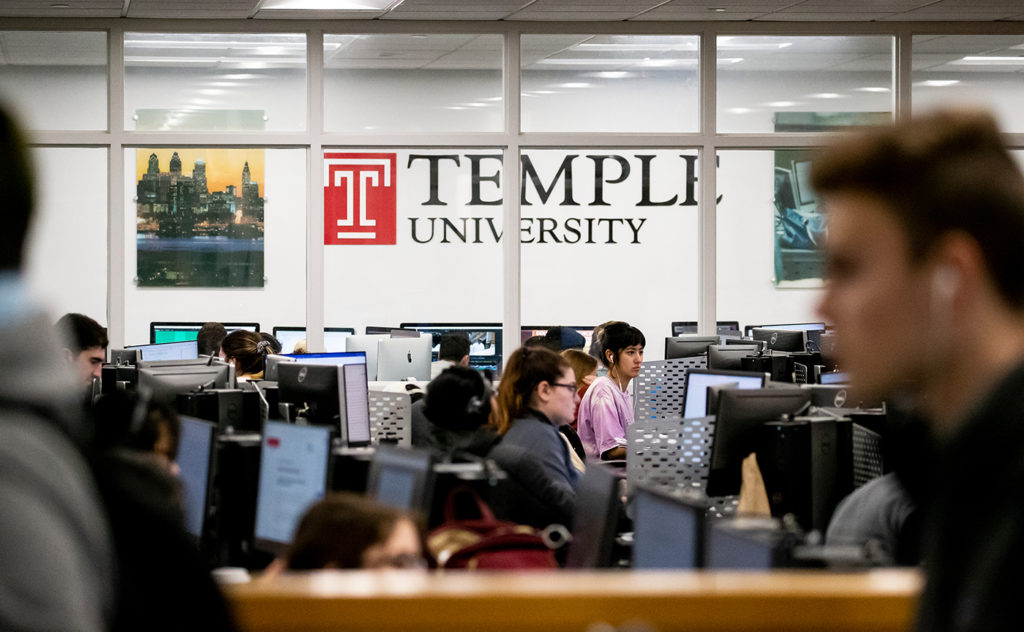
During the conversations in my first seminars I quickly noticed that discussions about readings were very different from what I was used to from back in Germany. In courses I had attended at home, texts were often read closely and analyzed down to the smallest detail. At Temple, discussions revolved much more around general theses and arguments of the books. Also in the numerous smaller assignments that we had to do, less analytical depth was expected from us than at the German universities I knew. In Philadelphia we were rarely expected to read a book beyond the point where we understood its general ideas and methodology.
Besides these gradually internalized observations, the increasingly frequent conversations with my American fellow students, some of whom felt just as overwhelmed, but nevertheless managed to stay calm, helped me a lot.
Thus, over time I developed above all a different approach to academic literature, a different reading technique. Looking back, itis perhaps one of the main academic takeaways from my exchange that Ilearnedhow to quickly engage with a large amount of academic literature, while still grasping its content. This is generally a crucial skill for an academic career that was definitely not sufficiently taught at the German universities where I studied.At the same time, through this way of dealing with literature in seminars we were familiarized quickly with some of the discipline’sclassic readings –as in Eyleen Ryan’s Historical Methods, a seminar that I highly recommend –but also with trends and methods in current historical research.
The latter also comes from the fact that atTemple, since I participated inan exchange at graduate level, I mainly studied with people who werealready preparing their PhD projects. Havingsuch fellow students and sharing an academic day-to-day routine with them felt like ahuge enrichment. During class, in the corridor or while fetching food together, conversations about different projects and historical interests often came upand both students and professors seemed genuinely interested in my projects, ideas and even perspectives on academia. I found everyone, but especially Seth Bruggemann, in whose particularly exciting seminar we were encouraged to manage and develop a preservation project for a historic mansion as a class, and Eyleen Ryan to bevery helpful and dedicated teachers. Prof. Ryan’s feedback always exceeded my expectations by far and she gave me incredibly helpful hints to improve my academic English.
Maybe this is generally one of the things most worth passing on to future exchange students: Ask questions, talk to people, whether at university or in private, grab all the opportunities you get to talk to Americans –whether in seminars, hostels, football games, bars, in office hours, at Thanksgiving dinner with an American family, over a coffee on campus or in intercity buses. Whether in universityor non-universitysettings, I have found Americans to be very open and interested. A lot of the people I met werecurious about what Ithought as a European and wanted to get into conversationsabout personal as well aspolitical issues orabout myown (academic) projects and views. Engagingin these situations Isuddenly realizedhow much Ihadnot only adapted to a different academic culture and way of living, but also how quickly I had improved my language skills, made friends and how much I already felt at home in Philadelphia and on the Temple’s Campus.
Some recollections of my stay at Temple University by Jonas Brüderlin
